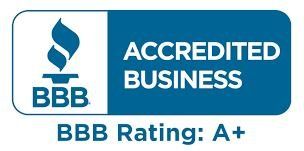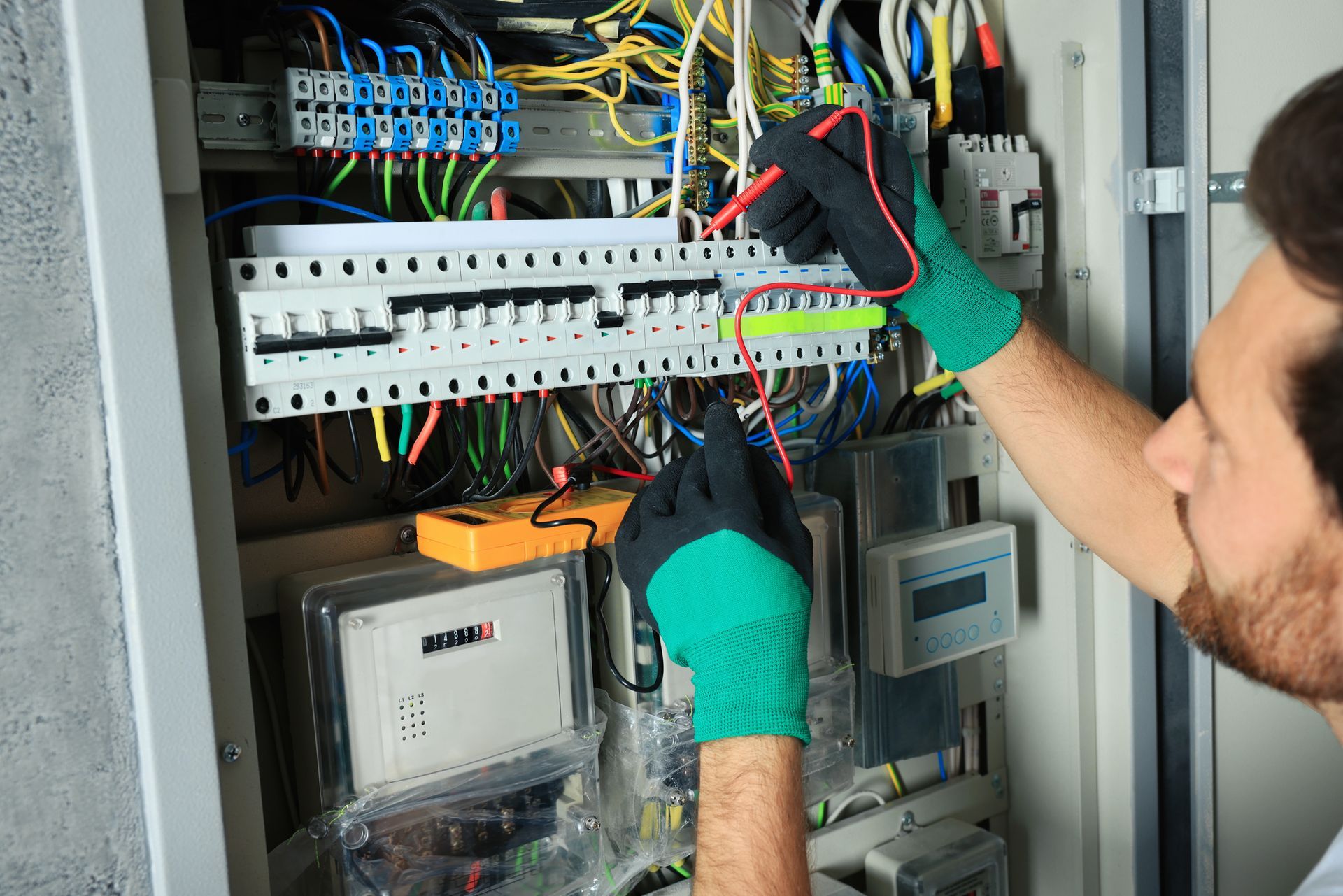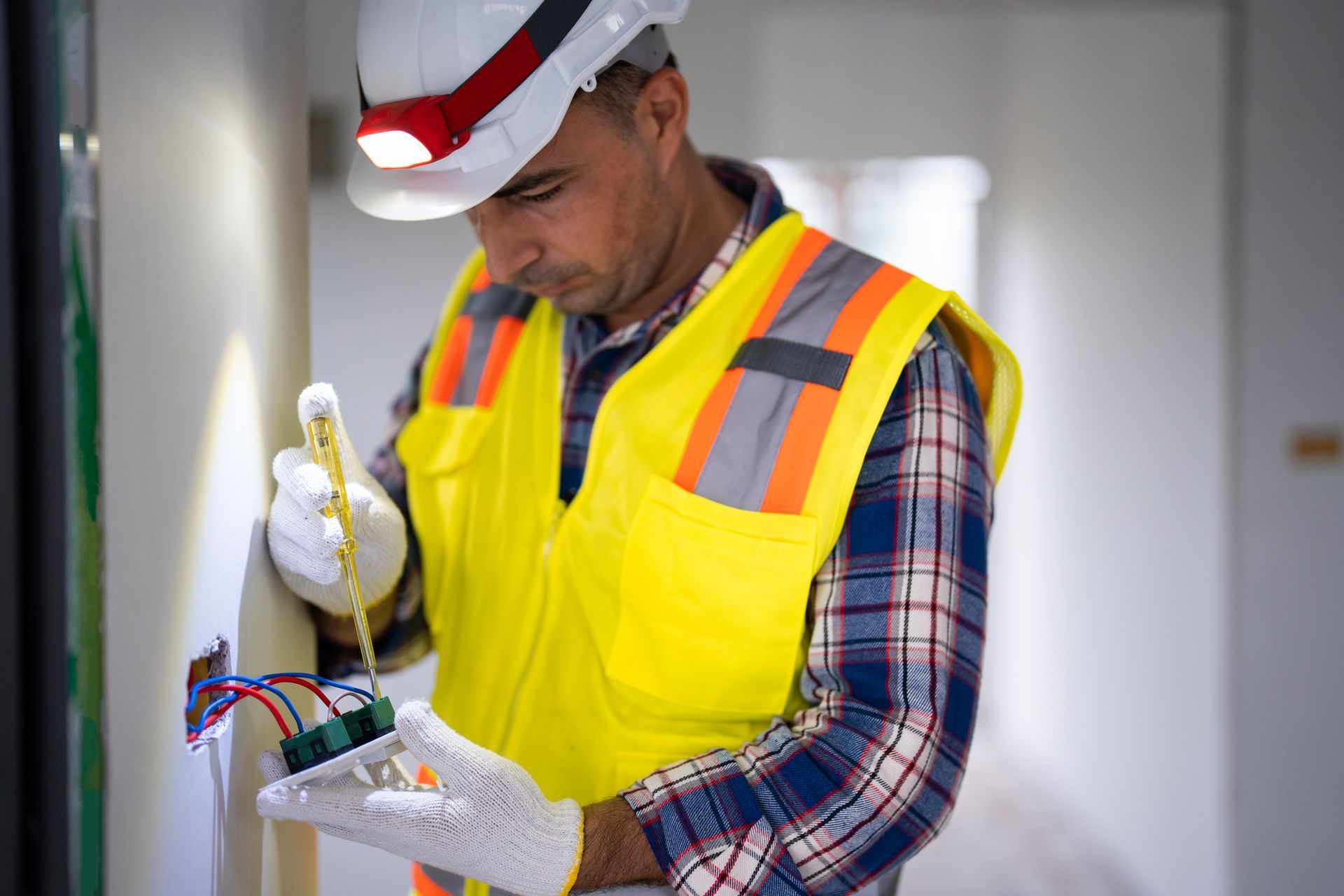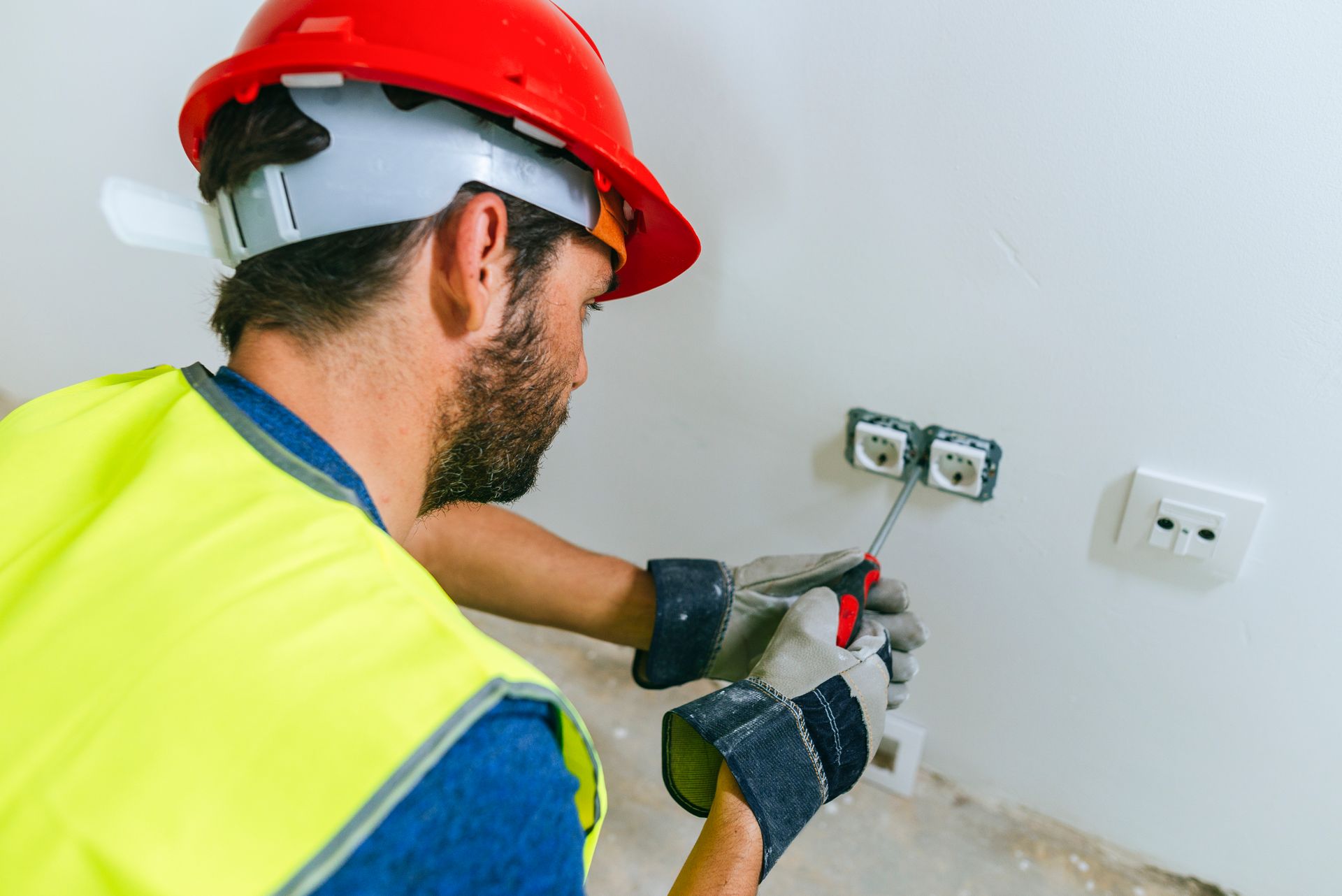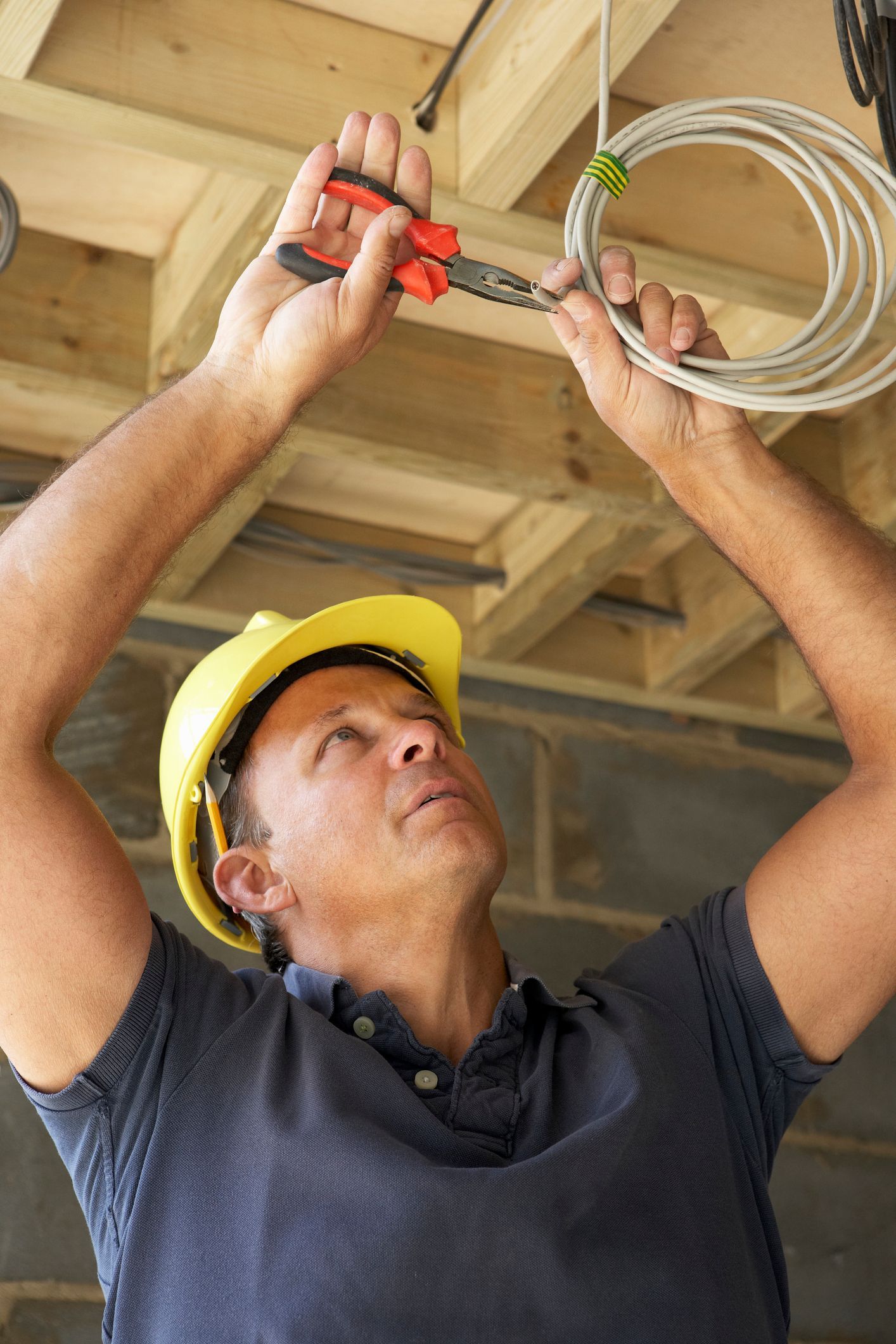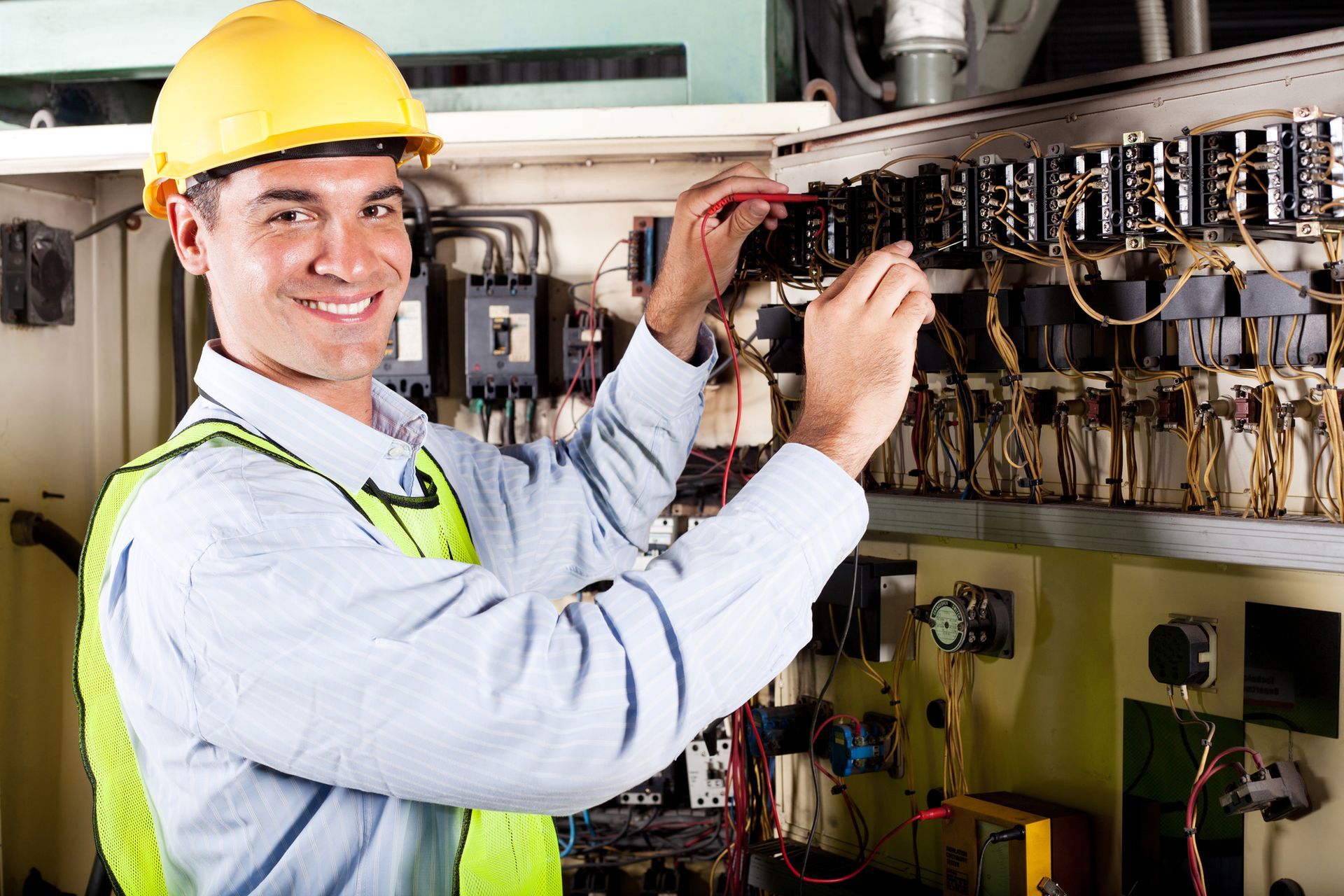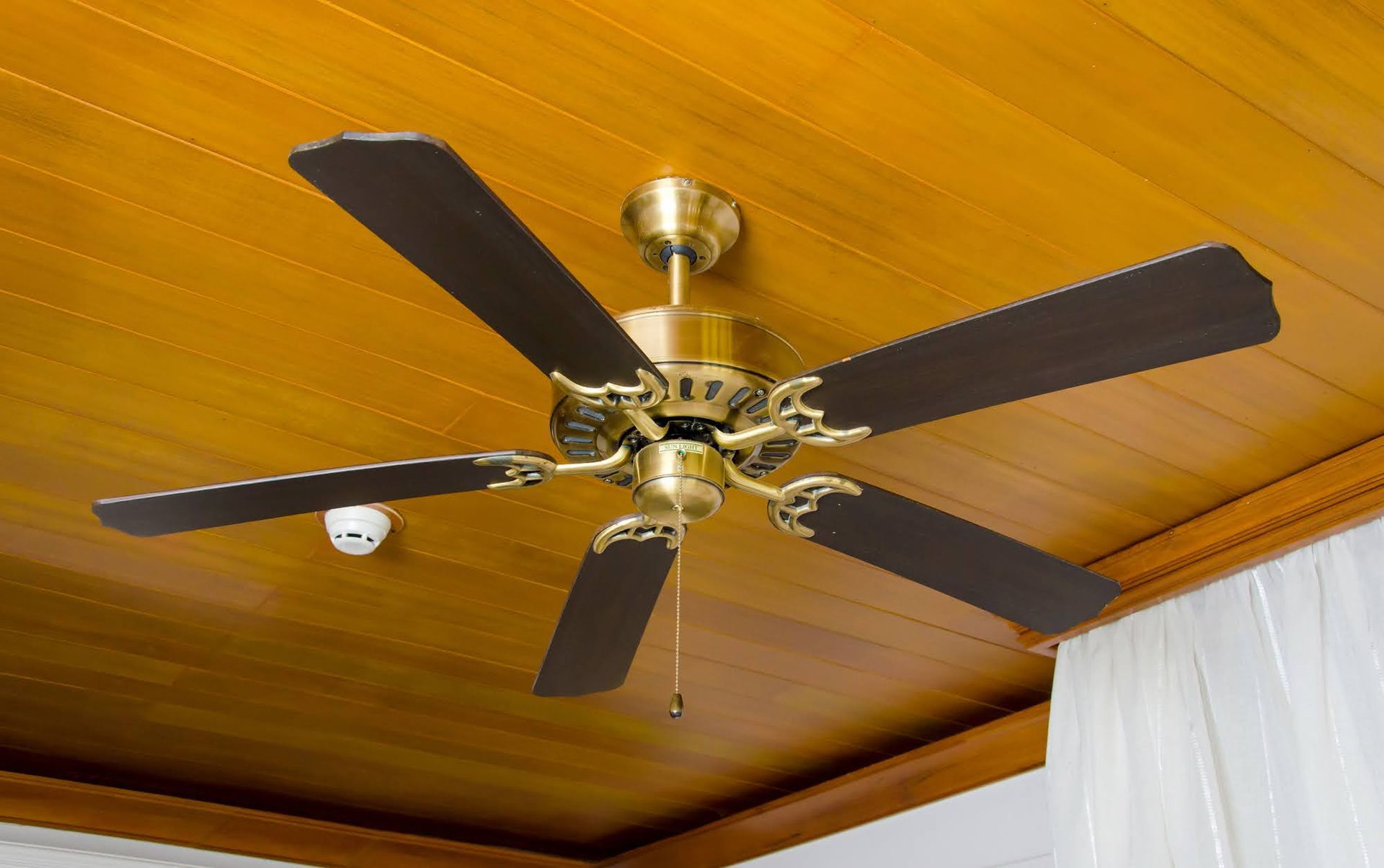Are You Buying an Older Home? FAQs About Electrical Codes
Is your soon-to-be new home's electrical system up to code? If you're ready to buy a piece of property, take a look at what you need to know about outlets, wiring, appliances, electrical codes, and your real estate investment.
What Is an Electrical Code?
Counties, cities, and other local municipalities have building codes that govern everything from residential and commercial plumbing systems to electrical wiring. As part of the municipal code, the electrical system must comply with a set of requirements, also known as codes. These codes help to ensure your new home is safe and hazard-free.
While some areas create their own codes, many follow the National Electrical Code (NEC). The NEC provides a model for safe electrical installation and component and system use. To learn more about whether your local government uses the NEC, has its own code, or combines both, contact the agency responsible for building code enforcement.
Along with questions about the NEC, the building code enforcement branch of your city's or town's government can also answer specific questions about your soon-to-be new home and ways to comply with electrical system regulations.
What Does the Electrical Code Include?
In general, electrical codes include rules and regulations for:
- Outlet spacing
- Electrical receptacles and where they can be in specific rooms of the house (such as living spaces, bathrooms, kitchens, or exterior areas)
- Ground-fault interrupter (GFCI) requirements
- Circuit breakers in the house and where they can be positioned
- Switch wiring
- Outdoor receptacle covers
- Wiring inside of walls
- Service panel installation
Each of these requirements varies depending on your area's specific codes.
Why Do You Need to Follow the Electrical Code?
You aren't an electrical expert. But this doesn't mean you won't have to follow the local electrical code. Again, an electrical code (either the NEC or local codes) helps to keep you, your home, and the neighborhood safe. Without regulations governing residential electrical systems, anyone could wire a home in any way they want. This could result in serious safety hazards.
According to the National Fire Protection Association (NFPA), nearly 10 percent (or 34,000) of home fires between 2014 and 2018 were the result of faulty electrical distribution or lighting equipment. Electrical codes help to reduce the home fire risk. These codes can also eliminate or lower shock risks to you and your household members.
When Should You Assess a Home's Electrical System?
More specifically, do you need to inspect your future home's electrical system before you buy the property? It's always advisable to learn as much about a home as possible before you invest in it.
Over time, the electrical code may have changed. This means some systems will require upgrades or updates. Some older homes don't meet the current electrical code. If your future home is out of code, you could need to invest a significant part of your home-buying budget in these necessary changes. It's better to find out about the potential expenses before you make an offer on the home. This allows you to ask the seller to make the upgrades or possibly pay you or reimburse you for them.
A pre-purchase home inspection should reveal obvious out-of-code issues. If it doesn't or you still have concerns, hire an electrician to evaluate the system.
What Can You Do About Out-of-Code Issues?
Whether the home doesn't have enough outlets, has the wrong type of outlets, or has another code-related issue, you need a professional to correct the problem. Electrical upgrades and repairs require specialized knowledge and experience. If you aren't a licensed electrical professional, leave this job to the contractor.
Do you need a pre-purchase home electrical inspection? Did a general inspection reveal the need for electrical upgrades? Contact Beckstoffer-Welsh Inc. for more information.

